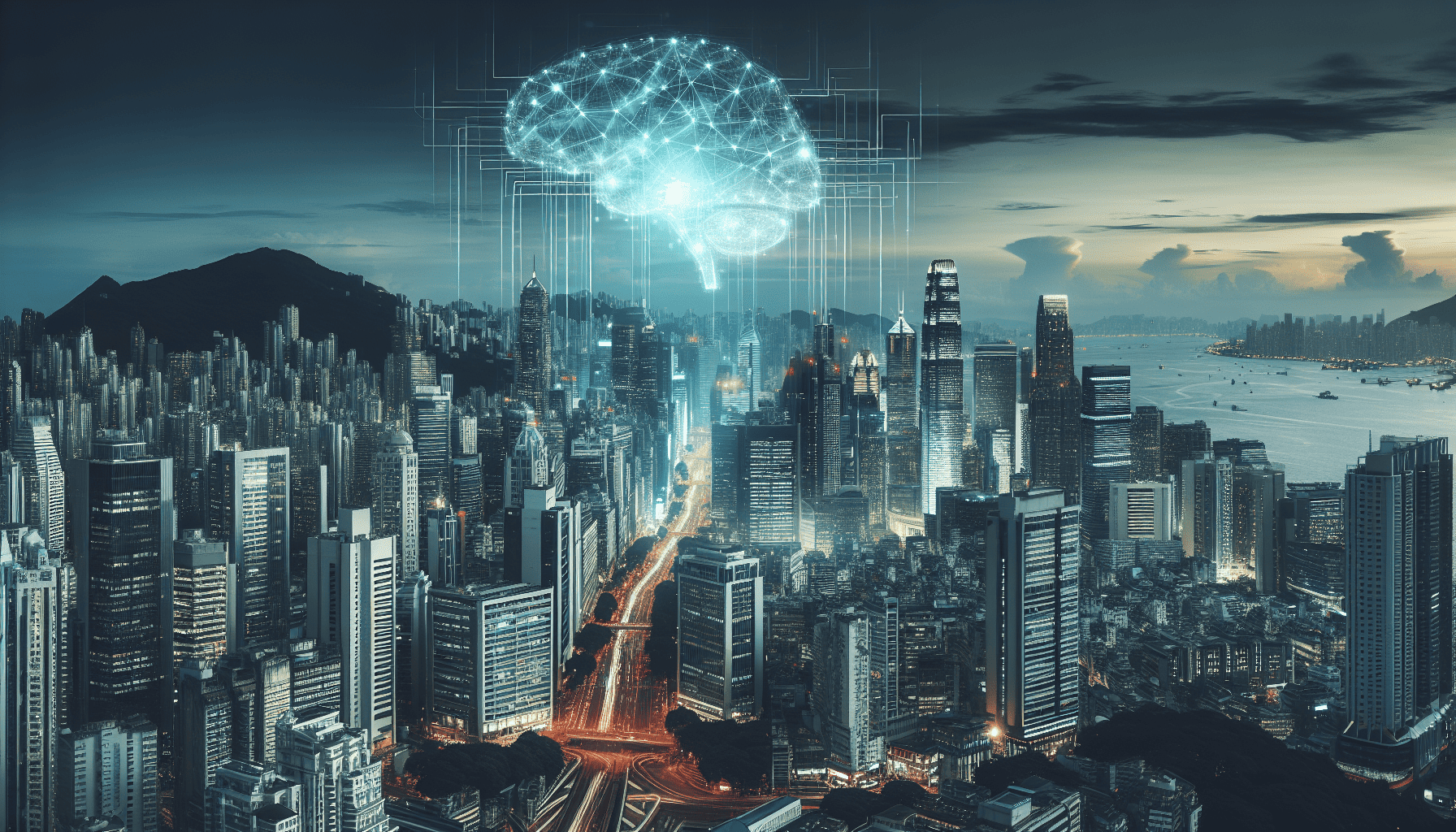The rapid advancement of artificial intelligence (AI) technologies has fundamentally altered the landscape of numerous industries, and 2024 marks a pivotal year where these transformations are more pronounced than ever. Organizations across sectors like healthcare, finance, and manufacturing are harnessing AI not just as a tool, but as an integral component of their strategic operations, revolutionizing efficiency, accuracy, and innovation.
Healthcare: Personalized and Predictive Care
In healthcare, AI has become a cornerstone in creating more personalized and predictive medical care. Machine learning algorithms are now being used to analyze vast amounts of patient data, from electronic health records to genetic information. This enables medical professionals to predict disease susceptibility, tailor treatment plans to individual patients, and perhaps even prevent illnesses before they manifest. AI-powered diagnostic tools, such as advanced imaging technologies, have improved the accuracy and speed of diagnoses, allowing healthcare providers to deliver timely interventions.
Moreover, AI in drug discovery and development is shrinking the time and cost associated with bringing new medications to market. AI models are accelerating the identification of potential drug candidates by predicting molecular behavior and interactions, a process that traditionally required years of laboratory tests. The integration of AI in healthcare is not only enhancing patient outcomes but also reducing the burden on healthcare systems worldwide.
Finance: Enhanced Decision-Making and Fraud Prevention
In the financial sector, AI is reshaping how institutions approach decision-making, risk management, and fraud prevention. AI-driven analytics tools are providing deeper insights into financial markets, allowing traders and investment firms to make more informed decisions. These tools analyze market trends, news, and social media sentiment in real-time, offering a comprehensive view of market dynamics that was previously unattainable.
Risk management has also benefited immensely from AI’s predictive capabilities. Financial institutions are deploying AI to assess credit risk more accurately, identifying potential defaults and reducing the incidence of bad loans. Moreover, the threat of financial fraud is being tackled head-on, with AI systems detecting irregular transaction patterns and fraudulent behavior with unprecedented speed and accuracy. This not only safeguards assets but also builds customer trust in financial services.
Manufacturing: Smart and Efficient Production
Manufacturing is another industry experiencing a renaissance through AI integration. AI-powered automation is driving smart manufacturing, where production lines are increasingly self-managing, with robots and AI systems working collaboratively to increase production efficiency and reduce downtime. Predictive maintenance, powered by AI, anticipates equipment failures before they occur, ensuring that manufacturing processes remain uninterrupted, which significantly reduces costs and improves productivity.
Furthermore, AI is playing a vital role in quality control. By analyzing production outputs with extreme precision, AI systems can identify defects that are invisible to the human eye, thereby maintaining high product quality standards. This technological empowerment allows manufacturers to respond quickly to defects, maintaining consistency and reducing waste.
The Future of AI: Endless Possibilities
While the impact of AI in 2024 on these industries is transformative, the horizon remains wide for further innovations. As AI technologies continue to evolve, their deployment will likely expand into other areas such as education, where they could tailor learning experiences, or transportation, where they could redefine mobility solutions through self-driving vehicles.
In conclusion, AI is redefining what is possible across industries by enhancing efficiency, driving innovation, and elevating services. The ability of industries to adapt to these advancements will dictate their competitiveness and relevance in the coming years, underscoring the importance of embracing AI-driven change. As we move further into the future, the symbiotic relationship between humans and machines promises to unleash unprecedented opportunities and solutions to complex challenges that lie ahead.
